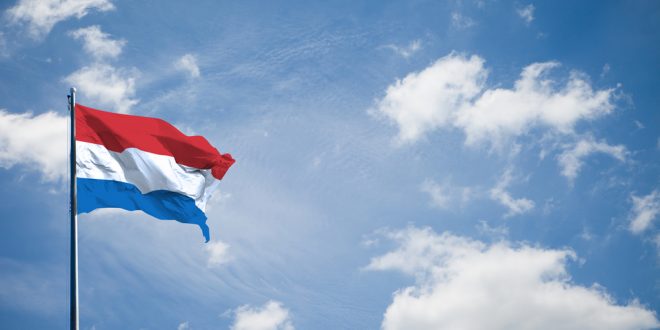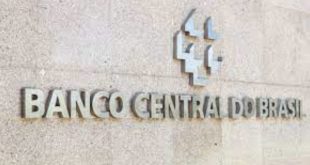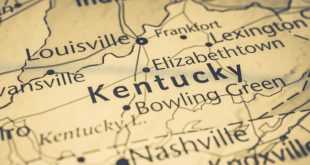Tombola has become the first operator to require affiliates to complete a mandatory compliance check before commencing operations with the company, specifically those serving the Dutch market.
The international online bingo website now requires all Netherlands-facing affiliates to undergo a compliance check with XY Legal Solutions BV at a cost of €1125 per website, with no other legal firms accepted.
Affiliates will receive XY’s KVA seal of approval once their compliance check is completed successfully, which will cover their first year of operation. Once this has expired, affiliates must pay a further €725 per year per website in order to remain compliant with Tombola’s requirements.
“We do indeed set the KVA seal of approval as a condition for starting an affiliate program at Tombola. We believe that an affiliate partner should be tested,” remarked Tombola’s Netherlands Country Manager, Marc Smit.
The company has also highlighted the importance of distinguishing between XY’s KVA seal and the KSA, the Dutch Gaming Authority, which does not accredit the certification, although it does maintain its own compliance procedures and requirements under the terms of the KOA Act, which launched the online gambling marketplace in the Netherlands.
Jan Westerhoff, a specialist in Dutch igaming form Nieuwslog.nl, asserted that the compliance requirement would cause the expenditure of some affiliates with numerous websites to sky rocket by tens of thousands of euros.
“Tombola is the only provider with a Dutch KSA license that imposes this requirement,” he explained. “All other operators on the Dutch market, such as bet365 and Betcity, do their own compliance check, and those companies do not charge affiliates for this.
“As far as I know, Tombola.nl is unique in the igaming industry with their way of forcing affiliates to buy a seal from a commercial consultancy firm.”
This could, therefore, prove to be a costly move for the operator in the Dutch market – where it does not currently maintain any affiliate employees – as the high costs of compliance could prove unattractive when other operators in the market pay for their own checks.
Continuing, Westerhoff outlined his view that the affiliate marketplace in the Netherlands could enter an ‘unworkable situation’ if Tombola’s policy is adopted by other operators.
“Imagine all the extra costs involved if every operator would require a compliance check from a different consultancy firm,” he said. “This would mean gigantic bills for affiliate companies, and the only winners would be the money-grabbing consultants who want to make a quick buck.”
Tombola is not the only gamlbing firm on XY Legal’s list of clients, however, as Betcity – one of the operators referenced by Westerhoff as not charging affiliates for compliance checks – Onetime, StarCasino and MeneerCasino are included on the company’s website as clients.









